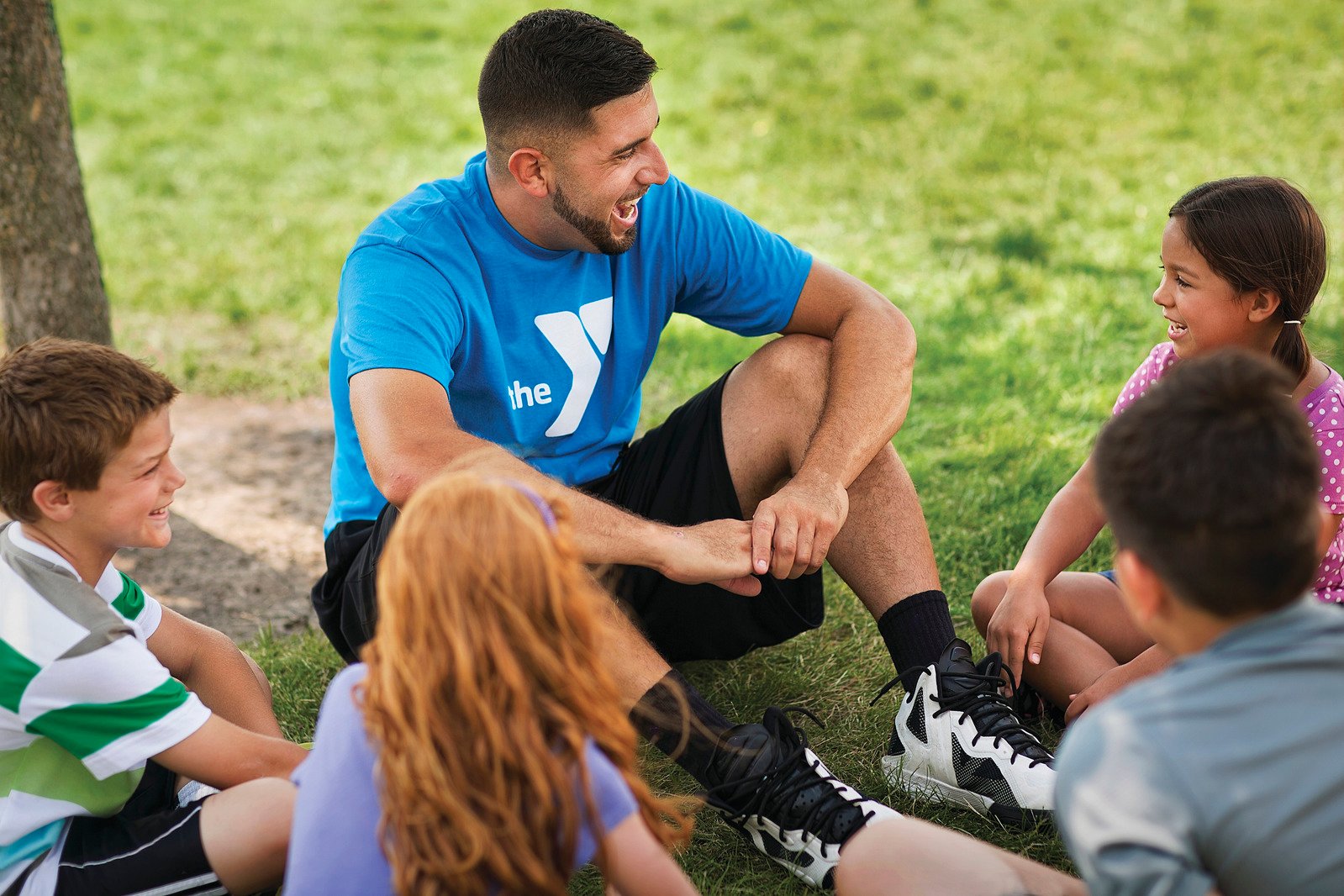Building youth confidence is essential for their personal growth and future success. Confidence gives young people the courage to face challenges, pursue their dreams, and believe in themselves. However, many youths struggle with self-esteem due to societal pressures, academic stress, or personal insecurities. Let’s discuss effective strategies for boosting their confidence, helping them grow into self-assured individuals.
1. Encourage Open Communication
A key step in building youth confidence is creating an environment where they feel safe to express themselves. Encourage open communication by actively listening to their thoughts, feelings, and concerns. When youths know they are heard and valued, they feel more secure in sharing their ideas, which builds self-assurance.

2. Focus on Their Strengths
Highlighting strengths is a powerful way to foster confidence. Instead of focusing on areas where they struggle, celebrate their abilities and accomplishments. Whether it’s excelling in academics, sports, or creative endeavors, emphasizing their strengths helps them recognize their own potential.
3. Set Realistic Goals
Setting realistic and achievable goals is another crucial strategy for building youth confidence. Help them break larger objectives into smaller, manageable steps. When they accomplish these smaller goals, it gives them a sense of achievement and motivates them to aim higher.
4. Provide Positive Reinforcement
Positive reinforcement plays a vital role in boosting self-esteem. Praise their efforts, not just the results, to show that hard work and persistence matter. Constructive feedback, delivered with kindness, helps them learn and grow without feeling discouraged.
5. Teach Resilience
Building youth confidence involves preparing them to handle setbacks. Teach them that failures are a natural part of life and an opportunity to learn. By fostering resilience, you help them develop the ability to bounce back from challenges and stay confident despite difficulties.
6. Encourage Participation in Activities
Engaging in extracurricular activities is an excellent way for youths to discover their passions and develop confidence. Whether it’s joining a sports team, learning an instrument, or participating in community projects, these experiences provide opportunities to develop skills, meet peers, and feel accomplished.
7. Be a Role Model
Youth often look up to the adults in their lives. Being a role model by demonstrating confidence in your own actions can inspire them to do the same. Show them how to handle challenges with a positive attitude, and they’ll learn to approach life with similar confidence.
8. Promote Healthy Peer Relationships
Positive peer interactions are essential for building youth confidence. Encourage them to surround themselves with friends who uplift and support them. A strong support system of friends who share similar values can significantly impact their self-esteem.
9. Emphasize Self-Care
Confidence starts with self-care. Teach youths the importance of maintaining their physical and mental health through regular exercise, healthy eating, and adequate sleep. When they feel good about themselves, they are more likely to feel confident in their abilities.
10. Celebrate Individuality
Lastly, remind youths that their individuality is their greatest strength. Encourage them to embrace their unique qualities rather than comparing themselves to others. When they accept who they are, they gain the self-assurance needed to navigate life confidently.
Conclusion
Building youth confidence is an ongoing process that requires patience, encouragement, and support. By focusing on their strengths, teaching resilience, and providing opportunities for growth, we can help young people develop the self-belief they need to thrive. Every small effort to boost their confidence contributes to shaping their bright and successful future.




